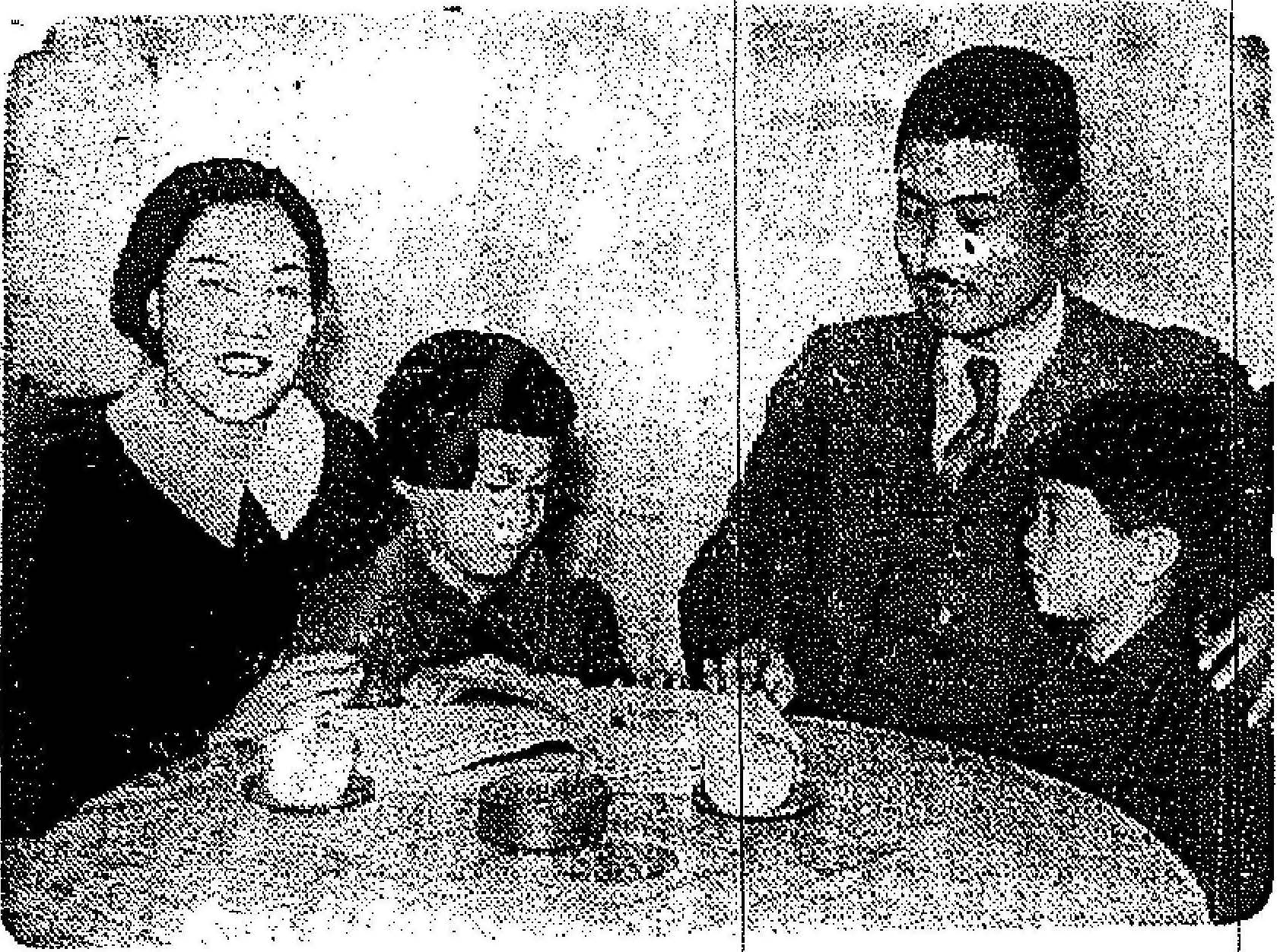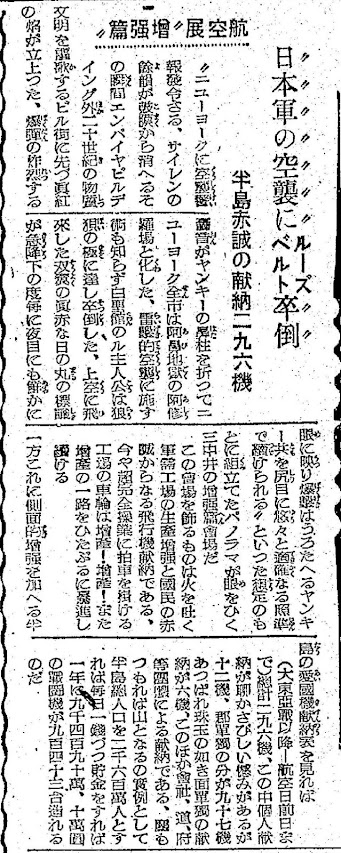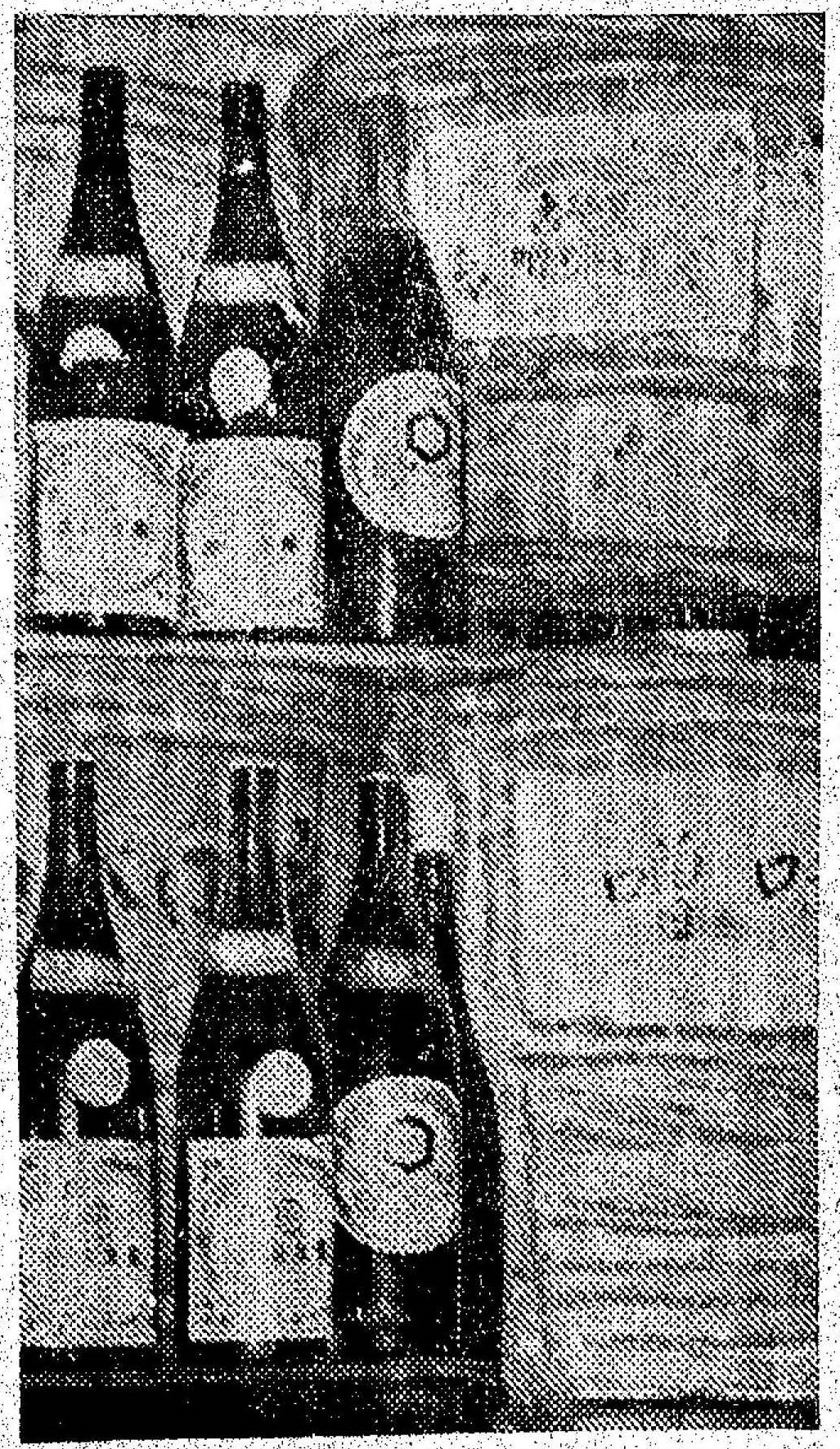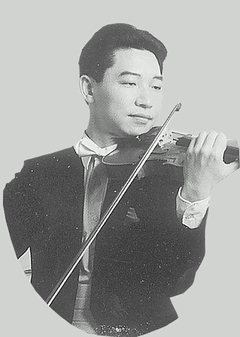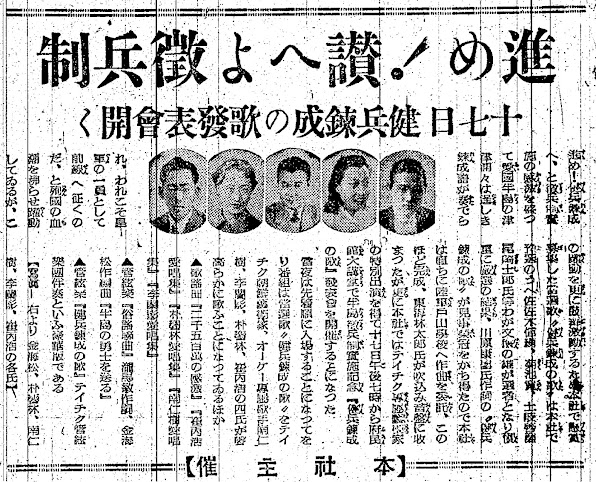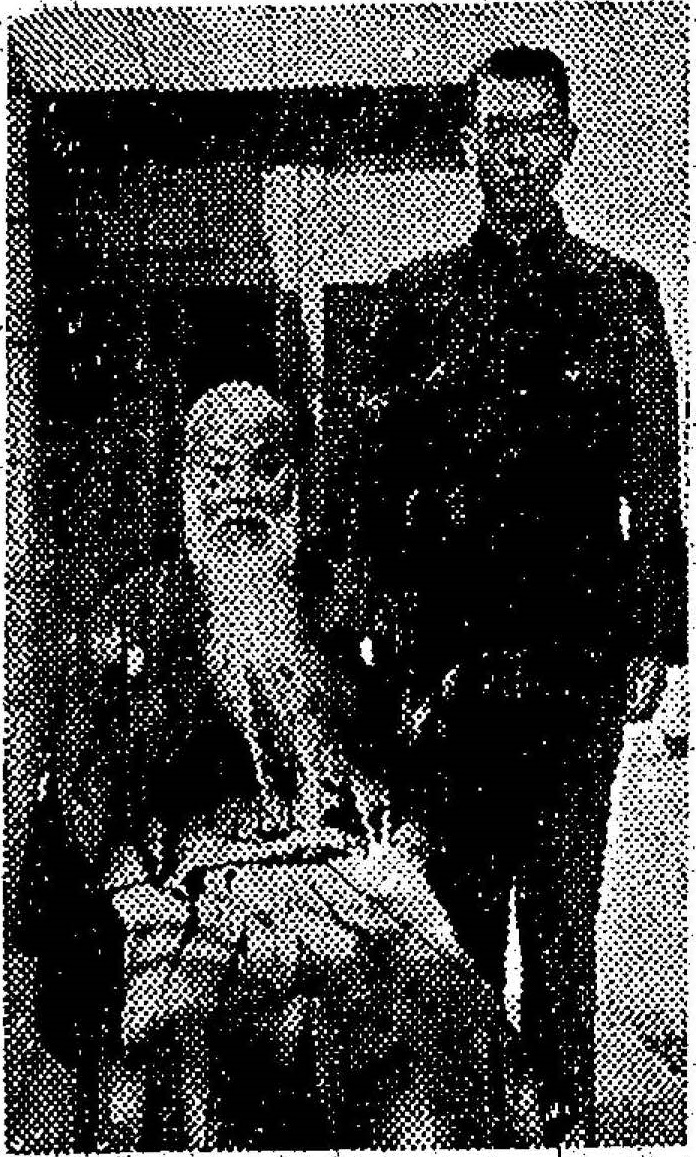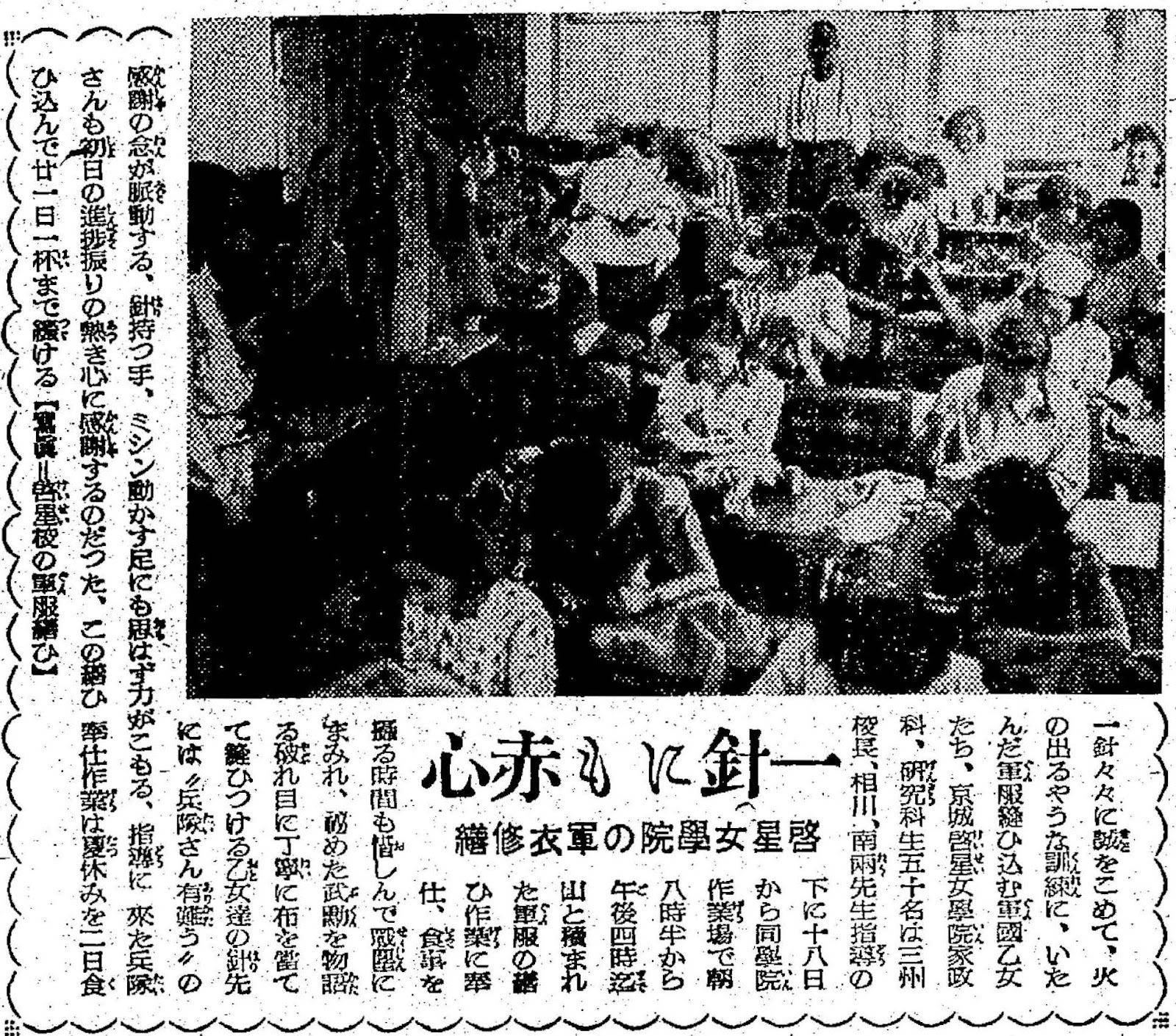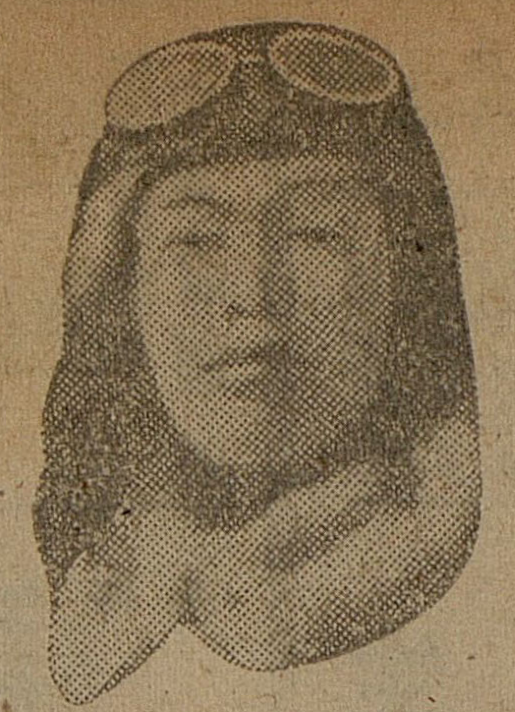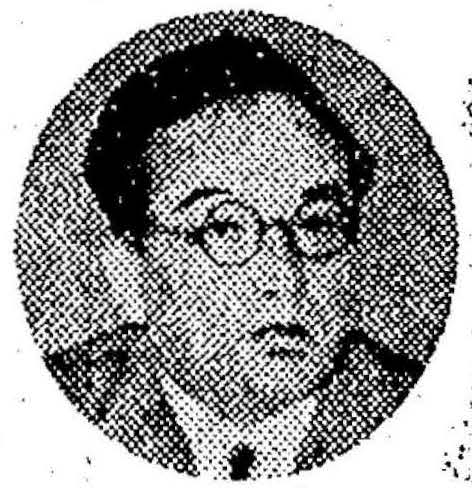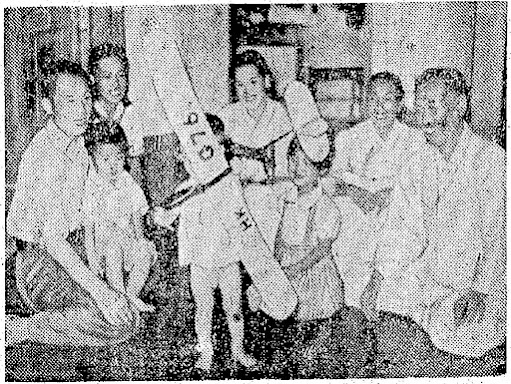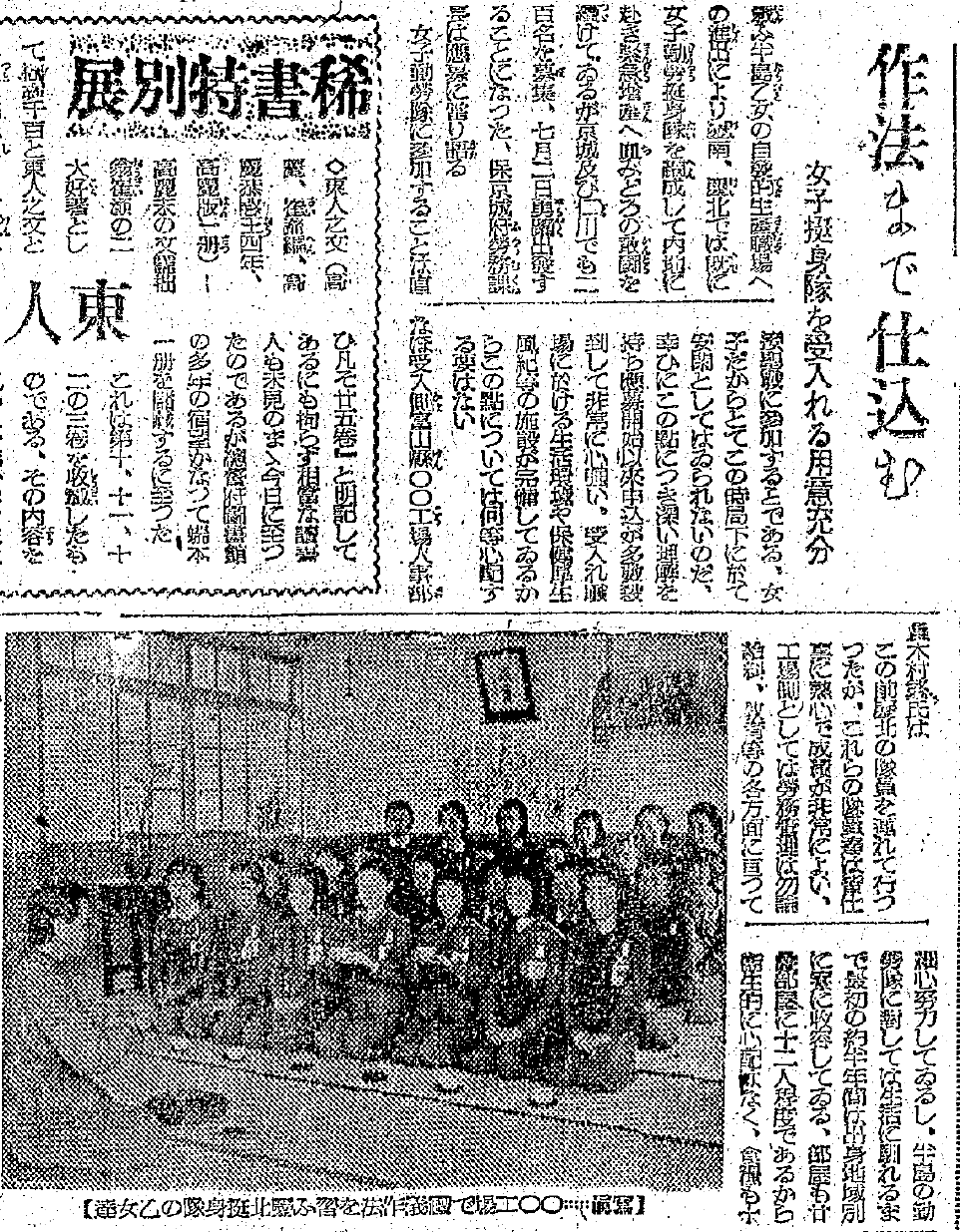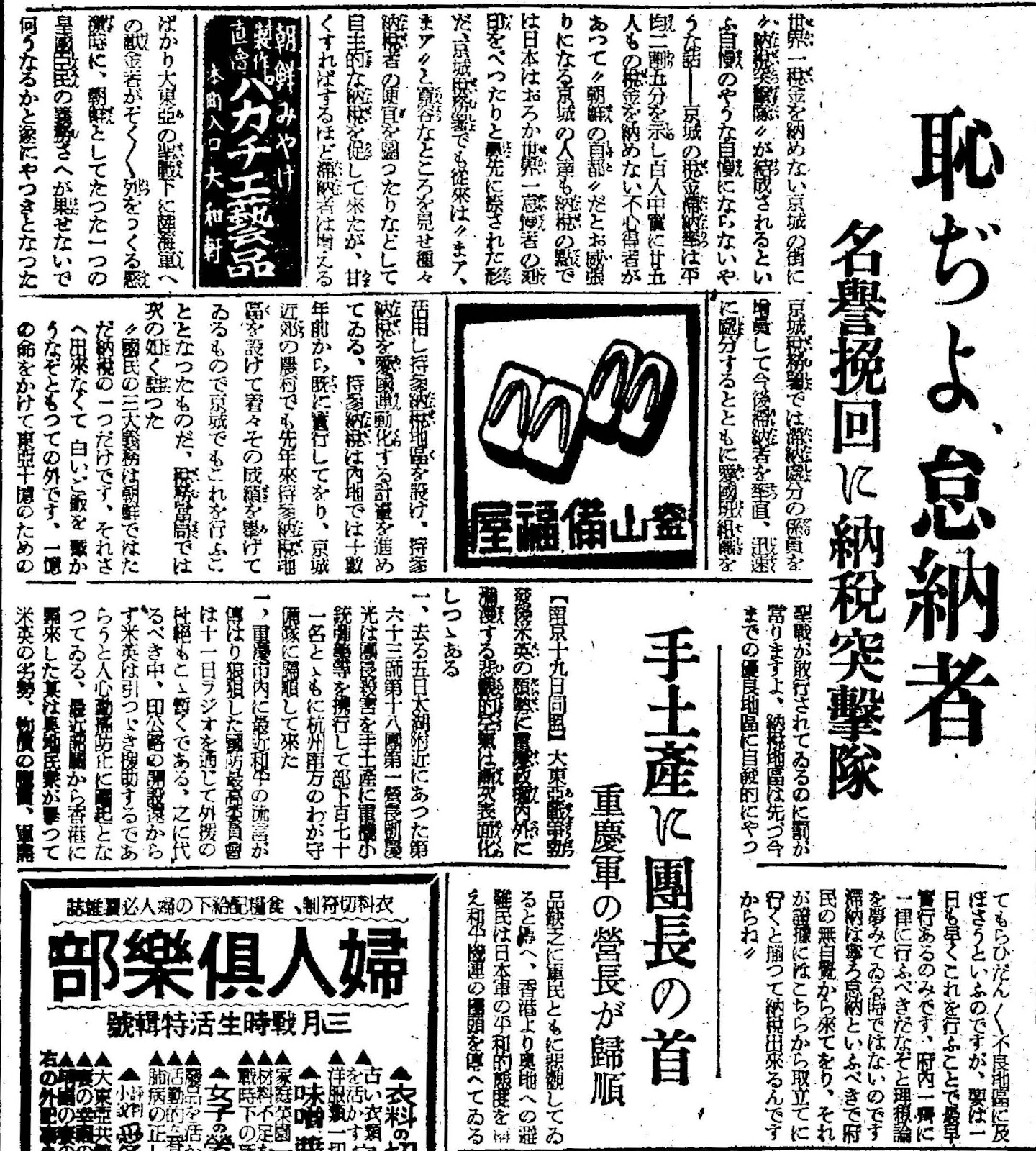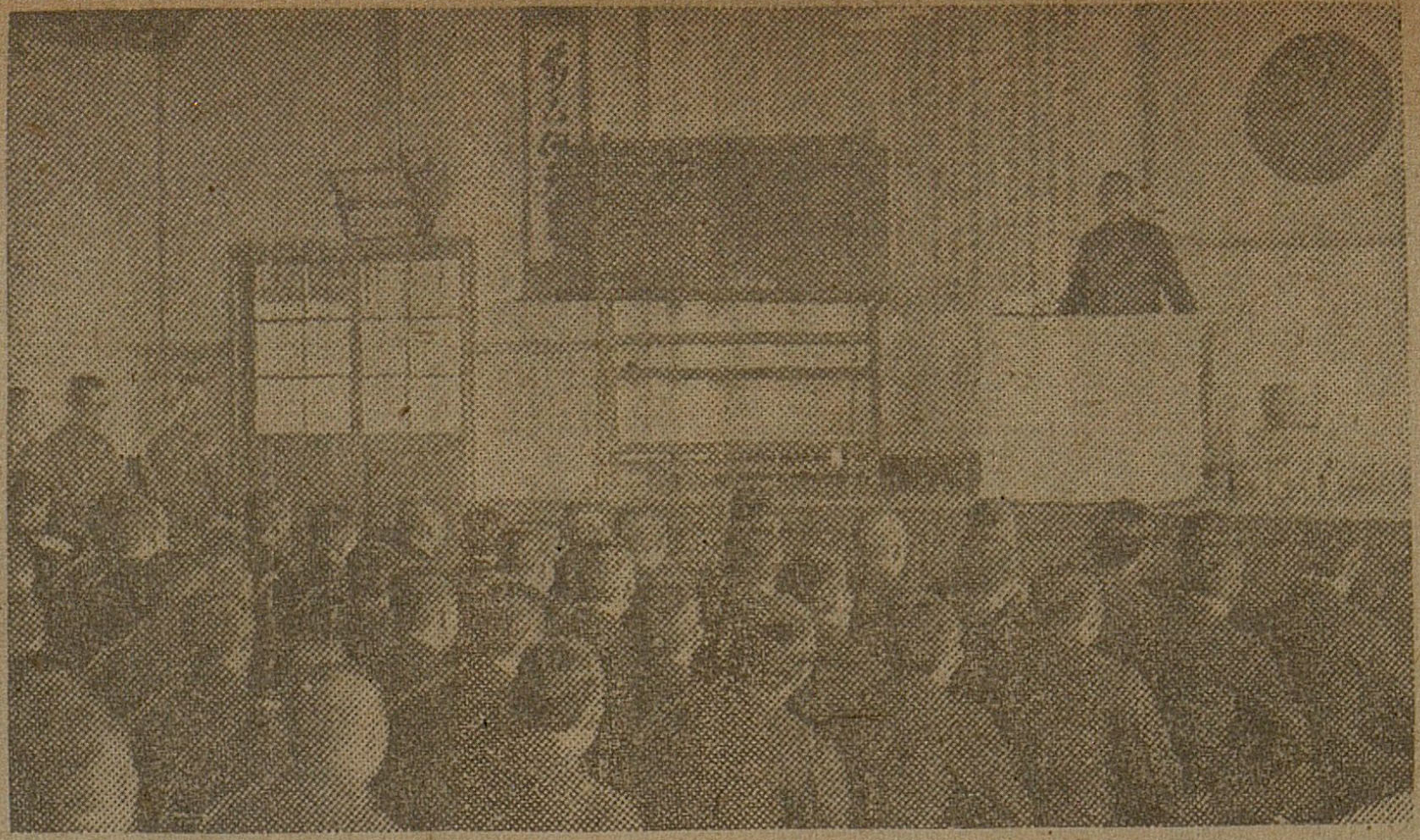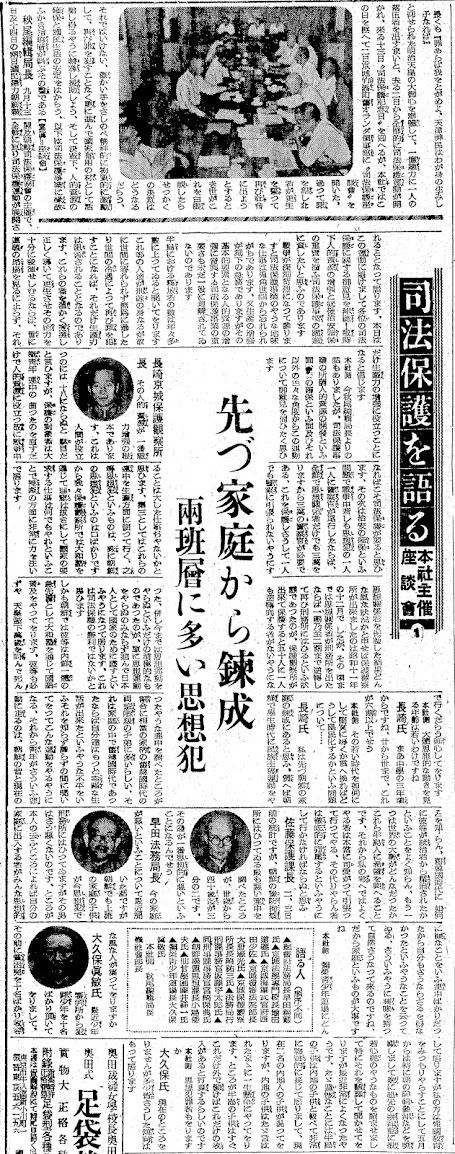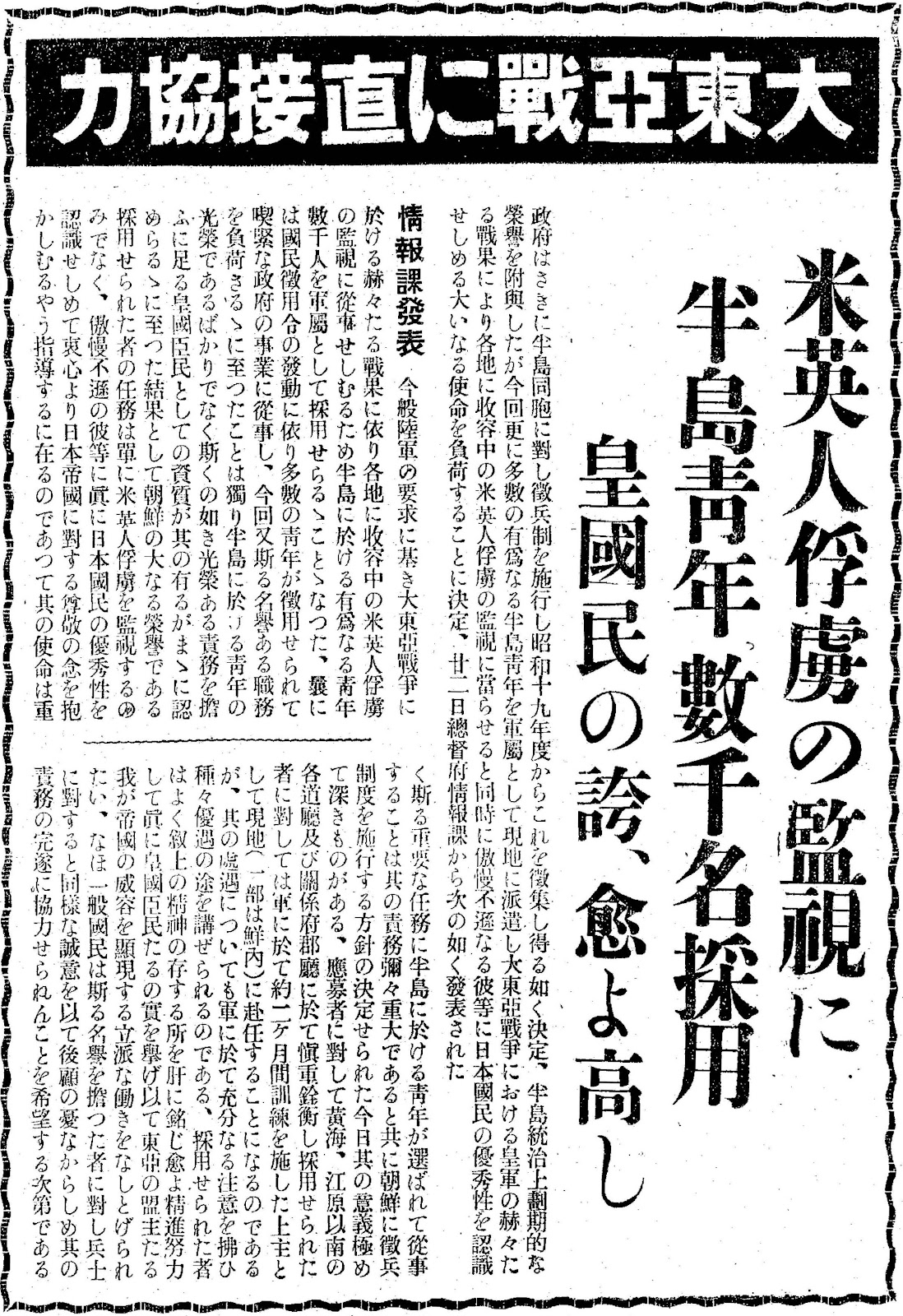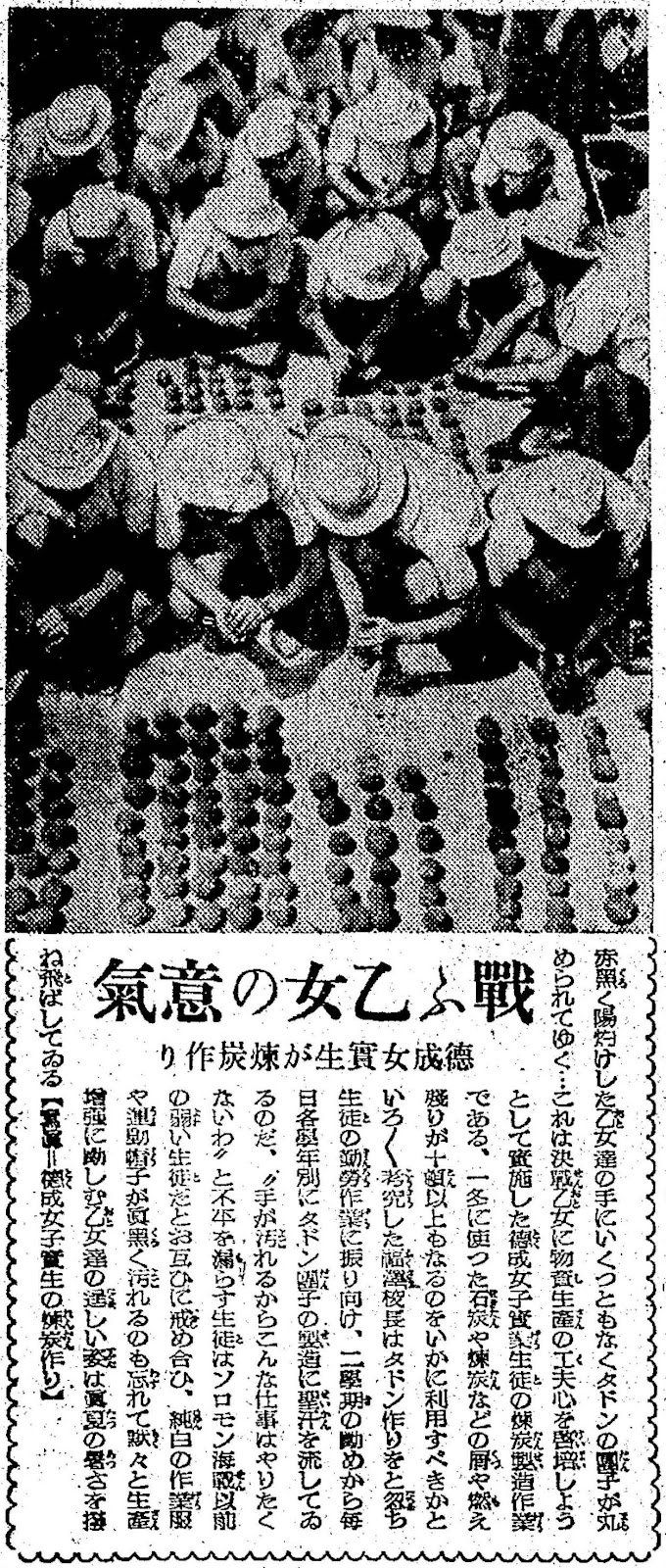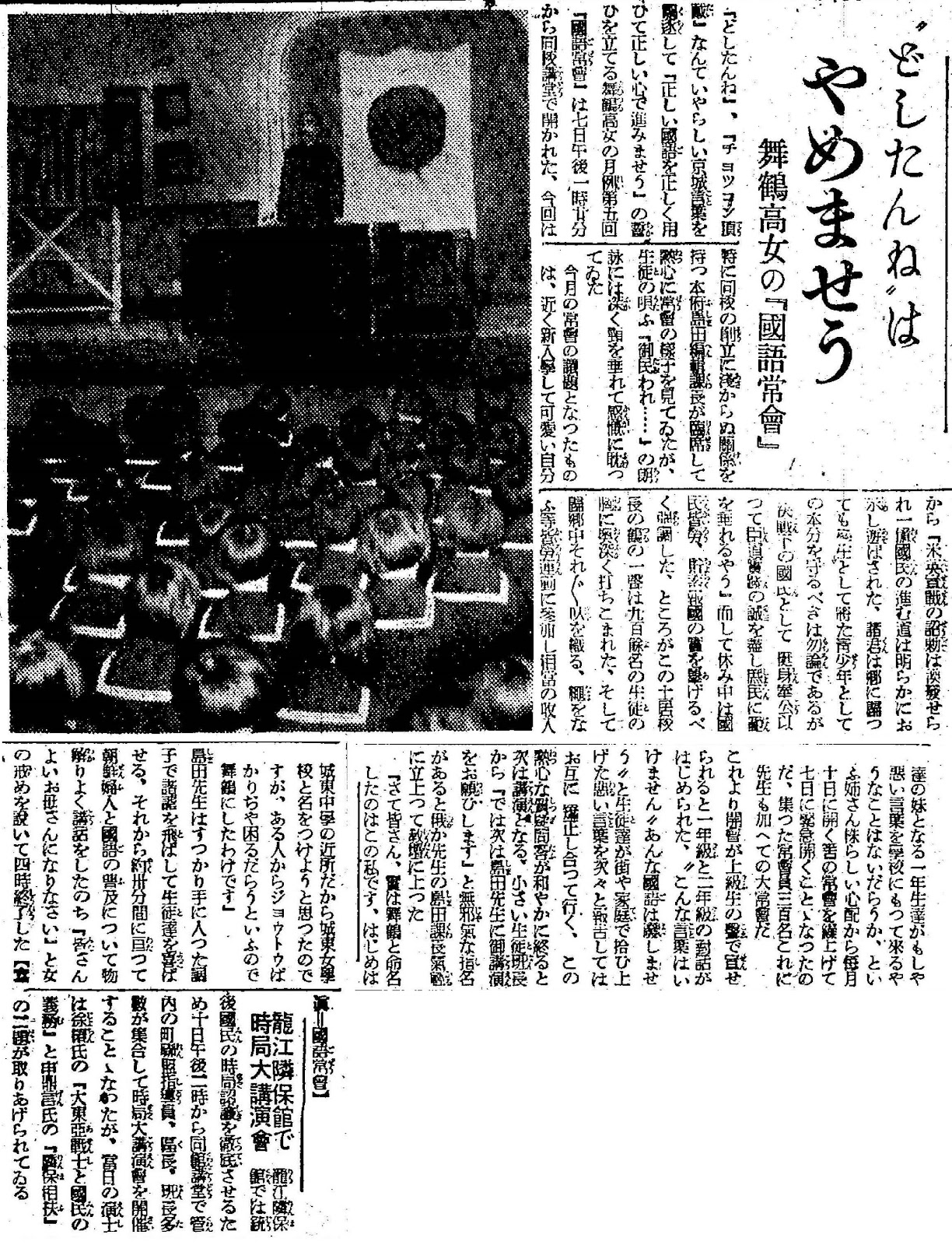
Korean residents of Seoul once spoke their own unique dialect of Japanese called “Keijō-kotoba”, which included phrases like doshitanne (‘what’s the matter?’) and 조건chōdai (‘give me the conditions’), and Imperial Japanese authorities tried to eradicate it in schools
During Japanese colonization, Korean residents of Seoul apparently spoke their own unique dialect of Japanese called “Keijō-kotoba”, which included phrases like doshitanne (‘what’s the matter?’) and 조건chōdai (‘give me the conditions’).
In a previous post, I explored how Koreans who spoke Japanese during this period often mixed in Korean words like 아이고 (‘gosh’) and 나쁜 (‘bad’) and grammatical influences from western Japanese dialects, but this article adds additional insight by revealing that Korean residents of Seoul actually spoke a Koreanized Japanese dialect that was distinct and consistent enough to be given its own name.
Keijō-kotoba appears to be based on a western dialect of Japanese, as the greeting ‘doshitanne’ sounds similar to the ‘doshitan’ or ‘dōshitan’ used in the Osaka, Kobe, Hiroshima, Yamaguchi, and northern Kyushu dialects. Indeed, most of the Japanese settlers who colonized Korea came from western regions of Japan like Yamaguchi and Nagasaki, especially in the early days of colonization. It is reminiscent to how Mexican Spanish developed from the Western Andalusian dialect spoken by the Spanish settlers, and incorporated lots of Nahuatl vocabulary from the native Aztec residents.
The Korean girls in this article sang ‘Mitamiware’ (Youtube link: https://youtu.be/U5Rq4PX433Y), which is an old Japanese 8th century poem set to modern music reciting 御民我、生ける験あり、天地の栄ゆる時に、遇えらく念えば, roughly translating to “As Imperial subjects, we have a reason to live in this glorious age when both the heavens and the earth prosper under you.”
(My translation)
Gyeongseong Ilbo (Keijo Nippo), February 8, 1942
Let’s stop saying “Doshitanne”
Japanese Language Regular Meeting of Maizuru (Muhak) Girls’ High School
The fifth monthly meeting of the Japanese Language Regular Meeting of Maizuru Girls’ High School was held at the school auditorium from 1:20 p.m. on February 7 to make a pledge to “use the Japanese language correctly and proceed with the correct mind” to eradicate nasty phrases of Keijō-kotoba like “doshitanne” and “chokkon-chōdai”.
This time, Mr. Shimada, Chief of the Editing Section of the Seoul government, who has a close relationship with the founder of the school, attended the meeting and watched the proceedings with great interest. He bowed his head, his heart deeply moved as he listened to the students sing “Mitamiware”. Like older sisters caring about their cute younger sisters, the older students were concerned that the newly admitted students in the first year class might possibly introduce bad words into the school. Therefore, this month’s regular meeting, which was to be held on the 10th of the month, was moved up to the 7th instead as an emergency measure to address these concerns in the meeting agenda. It was a big regular meeting with 300 regular members, plus the teachers.
The meeting was called to order by a senior student, and a dialogue began between the first and second year classes. The students reported the bad words that they had picked up on the street or at home, and corrected each other saying “You shouldn’t say such words” or “We should get rid of such Japanese phrases”.
After this enthusiastic question and answer session was over, the next lecture was given. The leader of the small group of students innocently asked for Mr. Shimada to speak next, and suddenly the teacher, Mr. Shimada, casually stood up and went to the podium and said the following:
“Well everyone, I was actually the one who named the school Maizuru (Muhak). At first, I was going to name it Jōtō Girls’ School because it was in the same neighborhood as Jōtō (Sungdong) Junior High School, but someone said it would cause trouble to have both schools named Jōtō, so I decided to name the school Maizuru instead”.
Mr. Shimada, who was completely in control of the situation, delighted the students with his jokes. He then gave a 30-minute lecture on Korean women and the spread of the Japanese language in an easy-to-understand manner, before concluding at 4:00 p.m. with an exhortation to the women: “Everyone, become good mothers!”. (Photo: Japanese Language Regular Meeting)
Big lecture on current events at the Yonggang-dong Neighborhood Security Center
At the Yonggang-dong Neighborhood Security Center, in order to make the people more aware of current events as people at war, a big lecture on current events will be held at 2:00 p.m. on the 10th in the center’s auditorium, with many leaders of the dong federation, ward leaders, and group leaders gathered. The two topics of the day will be “Warriors of the Greater East Asian War and the Duty of the People” by Seo Chun and “Neighborly Security and Mutual Aid” by Sin Jeong-eon.
Source: http://www.archive.org/details/kjnp-1942-02-08
(My transcription)
京城日報 1942年2月8日
”どしたんね”やめましょう
舞鶴高女の「国語常会」
「どしたんね」、「チョッコン頂戴」なんていやらしい京城言葉を駆逐して「正しい国語を正しく用いて正しい心で進みましょう」の誓いを立てる舞鶴高女の月例第五回「国語常会」は七日午後一時二十分から同校講堂で開かれた。
今回は特に同校の創立に浅からぬ関係を持つ本府島田編輯課長が臨席して熱心に常会の様子を見ていたが、生徒の唄う「御民われ…」の朗詠には深く頸を垂れて感慨に耽っていた。今月の常会の議題となったものは、近く新入学して可愛い自分達の妹となる一年生達がもしや悪い言葉を学校にもって来るようなことはないだろうか、というお姉さん株らしい心配から毎月十日に開く筈の常会を繰り上げて七日に緊急開くこととなったのだ。集まった常会員三百名、これに先生も加えての大常会だ。
これより開会が上級生の声で宣せられると一年級と二年級の対話がはじめられた。”こんな言葉はいけません””あんな国語は廃しましょう”と生徒達が街や家庭で拾い上げた悪い言葉を次々と報告してはお互いに矯正し合って行く。
この熱心な質疑問答が和やかに終ると次は講演となる。小さい生徒班長から「では次は島田先生にご講演をお願いします」と無邪気な指名があると俄か先生の島田課長気軽に立ち上がって教壇に上がった。
「さて皆さん、実は舞鶴と命名したのはこの私です。はじめは城東中学の近所だから城東女学校と名をつけようと思ったのですが、あるひとからジョウトウばかりじゃ困るだろうというので舞鶴にしたわけです」
島田先生はすっかり手に入った調子で諸謔を飛ばして生徒達を喜ばせる。それから約三十分間に亘って朝鮮婦人と国語を普及について物解りよく講話をしたのち「皆さんよいお母さんになりなさい」と女の戒めを説いて四時終了した【写真=国語常会】
龍江隣保館で時局大講演会
龍江隣保館では銃後国民の時局認識を徹底させるため十日午後二時から同館講堂で管内の町聯盟指導員、区長、班長多数が集合して時局大講演会を開催することとなったが、当日の演士は徐椿氏の「大東亜戦士と国民の義務」と申鼎言氏の「隣保相扶」の二題が取りあげられている。
